The Many Benefits of Zinc
What is zinc?
Zinc is the fourth most common metal, trailing only iron, aluminum, and copper, with about 13 million tons mined annually. Zinc is the 24th most-abundant element in the earth’s crust. The largest workable concentrations of zinc ore are in Australia, Asia, and the United States.
Zinc is an essential trace element; it is the second most abundant trace metal in humans after iron. Roughly 2–4 grams of the micronutrient are distributed throughout the human body. Most of the zinc is in the brain, muscles, bones, kidney, and liver, with the highest concentrations in the prostate gland and parts of the eye.
While your body requires this essential nutrient, it does not produce zinc naturally. Zinc must be obtained from the food you eat or multivitamins with elemental zinc.
Like any essential vitamin or mineral, low levels of zinc in the body can cause problems. Zinc is a cofactor for more than 300 different enzymes — meaning without it they won’t function properly.
Supplements can contain various forms of zinc, including zinc sulfate, zinc citrate, zinc acetate, and zinc gluconate.
What foods have zinc?
Zinc is a trace mineral — which means you only need a minimal amount of it every day. In addition to dietary supplements, natural sources of zinc can be found in many foods.

According to the National Institutes of Health (NIH), an adult male’s zinc intake should be 11 mg daily, and women should take 8 mg daily. About 40 mg is the maximum that should be consumed.
Some key foods with zinc include:
- Oysters: With about 74 mg in a 3-ounce serving, oysters have 673% of the average daily value.
- Crab: 6.48 mg of zinc for a 3-ounce serving. That’s 59% of the daily value.
- Beef: A 3-ounce serving of red meat has 8.44 mg of zinc.
- Pork: Four ounces of pork contains 2 mg of zinc.
- Lobster: One small lobster has almost 5 mg of zinc.
- Chickpeas: One serving of chickpeas contains 1.5 mg of zinc.
- Cashews: A package (56 grams) contains 3 mg of zinc.
- Breakfast cereal: Around 2.8 mg per serving.
- Dairy products: 100 grams of cheddar cheese contains about 28% of the daily value.
Zinc can also be found in legumes and whole grains, but it is a less bioavailable form of the mineral.
What are the benefits of zinc?
Zinc is found in many key organs and structures of the body. Adequate zinc levels are essential for many aspects of overall health.
Does zinc help control blood sugar?
People with type 2 diabetes or pre-diabetes have difficulty utilizing the insulin produced by their bodies. As a result, their cells become insulin resistant. When this happens, they have increased glucose levels, which can have disastrous effects on the body.
A meta-analysis of several studies indicates that zinc can improve the interaction between insulin receptors and glucose tolerance. About 1,700 participants with diabetes took zinc supplements while fasting and two hours after a meal. Participants showed significant reductions in blood glucose levels while taking the zinc supplements.
Can zinc stimulate your immune system?
The short answer is yes. Zinc is a powerful antioxidant that stimulates immune cells and reduces oxidative stress. A zinc deficiency can lead to a weakened immune response.
Does zinc help cure a common cold?
Zinc and vitamin C together go a long way toward reducing the duration of the common cold — the most common viral infection in the world. Rather than simply fighting cold symptoms — sneezing, stuffy nose, sore throat, and cough — this healthy combination stimulates the development of immune cells.
Some people turn to zinc lozenges and nasal sprays at first onset of cold symptoms. However, research on these is mixed. It’s better to maintain healthy zinc levels in your body year-round.
Is zinc good for healthy facial skin?
Zinc’s antimicrobial and anti-inflammatory properties offer an excellent approach to skin problems such as acne. Indeed, studies show that people with acne typically have a low zinc concentration in their blood.
Affecting up to 9.4% of the global population, acne is a skin disease caused by abnormal hair follicles, clogged oil-producing glands, and bacteria. When this happens, the face becomes inflamed, resulting in unpleasant acne. Zinc’s anti-inflammatory properties help reduce the redness and irritation of acne.
Zinc oxide cream also serves as sunscreen, protecting your skin from harmful sun rays without the potentially dangerous chemicals found in other sunscreens.
Does zinc reduce disease risk in older adults?
It has been found that older adults taking a zinc supplement have an improved response to the flu vaccine, lower chance of developing pneumonia, better mental performance, and a reduced risk of vision loss from age-related macular degeneration (AMD) and other eye diseases. Zinc is naturally found in high levels in the macula (part of the retina) and helps vitamin A produce melanin — a pigment that protects your eyes.
Macular degeneration can also be slowed down by taking zinc, vitamin C, vitamin E, beta-carotene (vitamin A), and copper.
By relieving oxidative stress and improving the immune response, zinc helps protect the body from infection. One study found that 54 mg per day of zinc decreased disease in older adults by more than 60%.
Is zinc good for hair growth?
A deficiency of zinc and vitamin D can cause hair to fall out or break. When you don’t have enough zinc in your body, the protein makeup of your hair begins to weaken, and you may experience hair loss.
In addition, when hair does fall out, new hair growth may be delayed, and the follicles are not strong enough to sustain average hair growth.
Enough zinc helps ensure hair growth and the functioning of the oil glands on the scalp.

How does zinc aid wound healing?
Zinc plays an integral role in collagen synthesis, immune function, and inflammatory response to assist proper healing. It also aids the sense of taste and smell.
Skin holds about 5% of the body’s zinc content. The element is used in hospitals to treat burns, some types of ulcers, and other skin injuries.
A zinc deficiency can hinder wound healing, while zinc supplements speed wound recovery. A study of about 60 people with diabetic foot ulcers found that those treated with 200 mg of zinc daily significantly reduced their ulcers, as opposed to the placebo group.
Is zinc recommended for pregnancy?
Zinc supplements may help pregnant women avoid early labor, according to NIH.
While breastfeeding, the zinc RDA (recommended daily amount) is 17 mg in those 18 years of age and 12 mg in those 19 and older.
Is zinc heart-friendly?
A review of 24 studies found that zinc supplements decreased total and LDL (bad) cholesterol levels and blood triglycerides. As such, they could potentially help prevent heart disease.
Zinc is also essential for your body’s ability to maintain healthy blood pressure. Healthy blood pressure can prevent damage to the heart and arteries.
What are possible zinc side effects?
Our VitaminMD formulations pay close attention to the correct amount of zinc. Keep in mind that vegetarians should be closely monitored for zinc deficiency, as well as people who have undergone weight loss surgery or who suffer from digestive disorders.
Though taking about 40 mg a day of supplemental zinc long-term is considered safe, too much zinc may cause zinc toxicity. Side effects usually subside, but could potentially include:
- Loss of appetite
- Stomach cramps
- Nausea
- Diarrhea
- Headache
- Irritability
- A metallic taste
Taking more than 50 mg daily for two months may cause copper deficiency symptoms such as anemia and osteoporosis. Taking more than 100 mg for extended periods may damage the immune system and increase the chance of prostate cancer.
High doses of zinc from supplements (142 mg/day) might also interfere with magnesium absorption and disrupt magnesium balance.
If you experience side effects from taking zinc, stop using it immediately and seek medical advice from your healthcare provider.
Why trust VitaminMD with your vitamin formulations?
The VitaminMD Story
Dr. David Nazarian developed VitaminMD daily vitamin packets as a result of the COVID-19 pandemic. He saw his patients’ diets lacked an all-inclusive multivitamin — an essential immunity boost that optimizes overall health. He also noticed that most of his patients were vitamin D deficient and unaware of its many problems.
Many patients asked Dr. Nazarian what to take to boost their immune systems and keep their bodies strong against infections, but there wasn’t one product with all the necessary ingredients. A zinc powder was added to our custom vitamin packets in order to provide one with all of zinc’s many benefits. In addition vitamin c and zinc have many synergistic benefits. Our zinc supplement is one of the best zinc supplements available for purchase.
About VitaminMD
There is a wide variety of multivitamins available to the public. Unfortunately, no single multivitamin has been specifically formulated to meet today’s needs. VitaminMD’s daily vitamin packets and vitamin formulas contain many ingredients that patients can’t find in a single product. Our vitamin supplements are easy to drink, great tasting, and absorb better than tablets. An M.D. formulated VitaminMD on the pandemic frontlines with the specific purpose of meeting today’s health needs.
Many patients do not like to take multiple tablets (11% of the U.S. population). A VitaminMD elixir delivers a robust and comprehensive dose of all the necessary vitamins that boost the immune system and support overall health. Other vitamins often lack main ingredients — meaning patients must take multiple tablets to meet all their needs.
Many people are deficient in vitamin D and popular immunity drinks on the market today lack enough vitamin D. VitaminMD has the necessary dosage of vitamin D and other great ingredients that boost immunity and optimize overall health.
Order VitaminMD’s products online at www.VitaminMD.net or by calling us at 877-760-3564.
Reference sources:
Wikipedia https://en.wikipedia.org/wiki/Zinc
Web MD https://www.webmd.com/diet/foods-high-in-zinc#1
Healthline https://www.healthline.com/nutrition/zinc#benefits

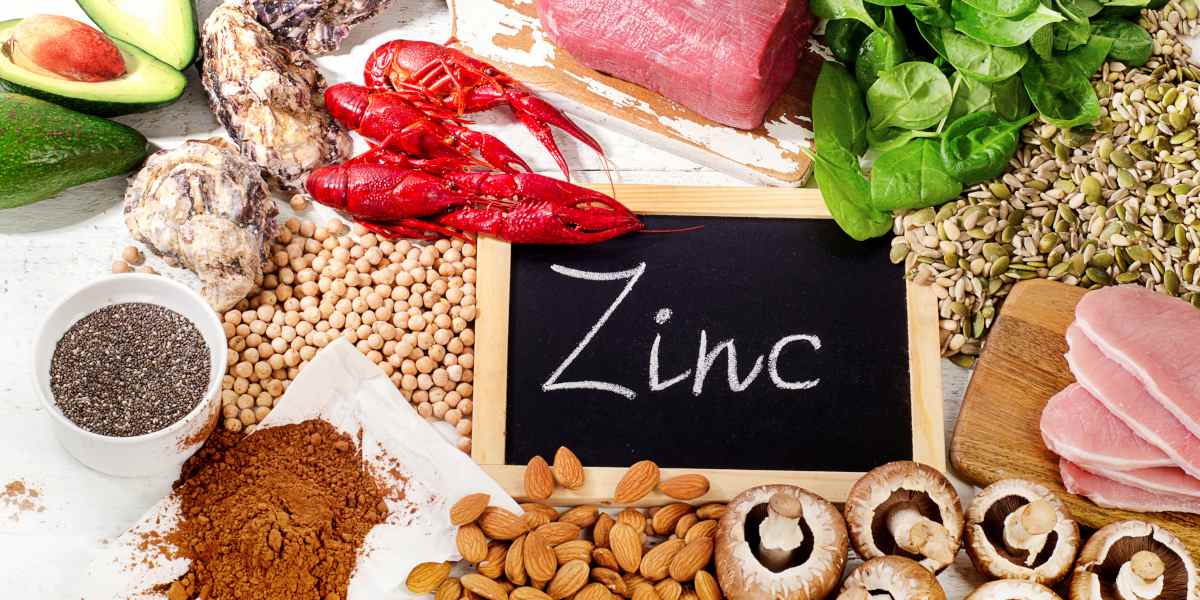
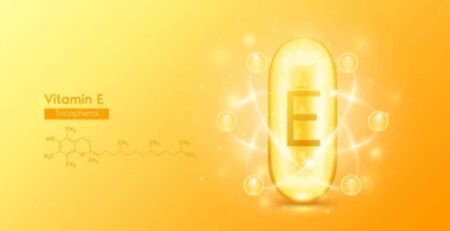
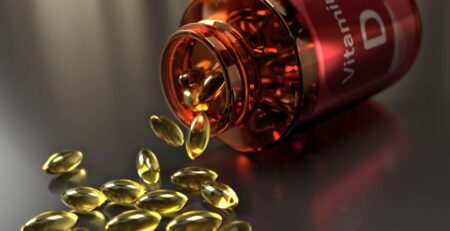

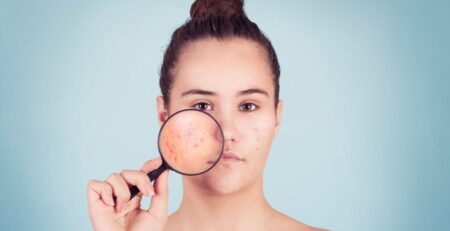

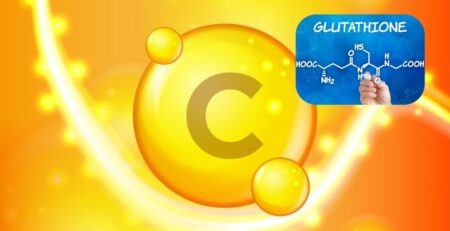
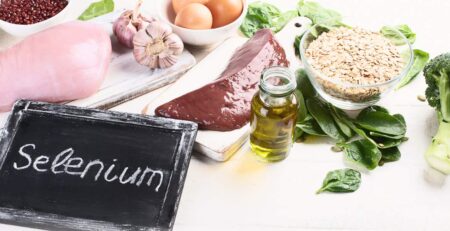
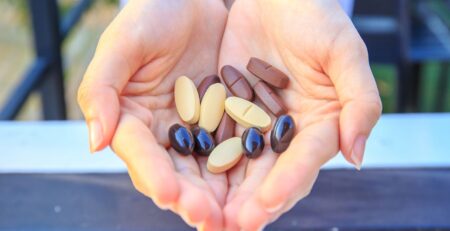
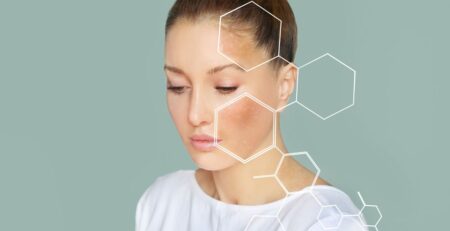
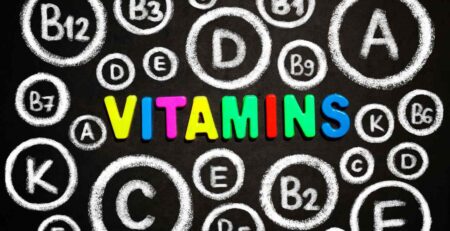
Leave a Reply